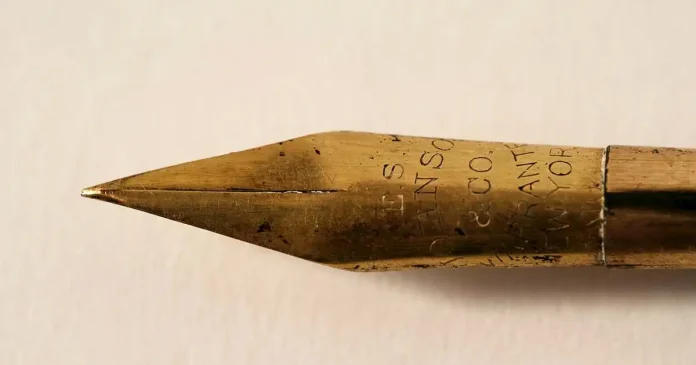Continued from About Merchants and Poets
After all this in the foreground of a material motive it’s not at all necessary in their case, that if they are polite and smiling on someone’s face, they are in admiration of that man. They do it when, and because, it is necessary and purposeful. They are considerate and mindful of someone when this someone is a prospective customer from whom they can earn a profit. Otherwise, they are indifferent. If they don’t show this quality they are considered diffident, by people of their community.
But scholarly people who are of the upper class are very different: Not very tolerant and are straightforward. They don’t have any reason to be obliged to someone. Neither do they have any necessity to subsume others. And ironically most unlike the business people, they are repelled and irritated by the former’s behavior, with their mixture of obsequiousness and carefully disguised impertinence. Scholars, poets, laureates, musicians, and artists hate double standards. They are themselves, with everyone, always.
Men of letters can never form a group; more so, they never belong to a group. One scholar never says, “Yes, I am of the same view,” or “Yes, I feel it exactly as you do,” or “I am in complete agreement with you.” Maybe on some particular issue, many thinkers will be hovering around the right side but they will never acknowledge their identity with another’s stand on the same soil. They will all say “Yes” to one thing but will air their own view even to the extent of being deliberate, reaching the same conclusion, but on their unique, distinct path. They take good care not to cross another’s footprints. Scholars take immense pleasure in venturing a blind ally in their obsession to avoid a trodden path, even if it leads to light. A satire in vernacular goes thus: Two hermits in one jungle remain strangers for fifty years, or sixty, or seventy.
It’s an age-old knowledge that poets and kings make the best of friends. Kings patronize poets, artists, laureates, and musicians. And they in turn recline in the cosy confidence of the king. But how much do we see of two poets in tandem? Two merchants can make a guild, but never two poets a good company. Rather on the other hand, when it takes two armies to start a dwell just two scholars are enough for a world war.
Scholars and philosophers who do not couch in or do not pay court to the king usually lead the life of a recluse. But their sequestration is one by choice and not by chance. They prefer a loner’s serenity to the possibilities of serendipity.
Today an air of liberalisation, open market, and material competition has to some extent blurred this distinctive uniqueness. Scholars have become a bit more merchant-like. In fact, everyone is behaving more like a businessman.
Nevertheless deep within the heart of both the conventional classes this distinction is brisk. It is fundamental to the nature of man and primordial to social stratification.


